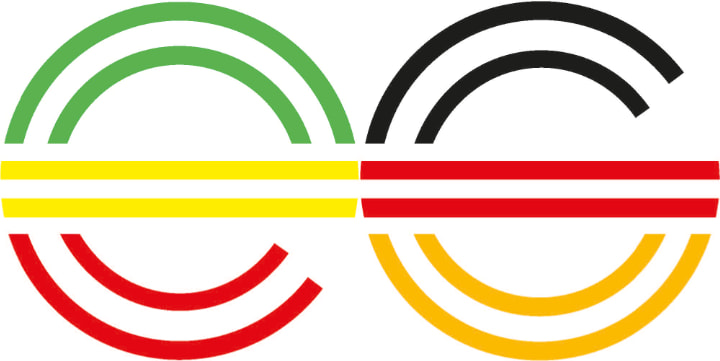Facts & Figures
Population
Ethiopia’s population is growing fast, with 2.62 p.a., over the past years. As result of this population growth the demand for local infrastructure has been steadily increasing, and especially for electricity generation and distribution.
Source: World Bank (2023)
Country Surface
Ethiopia and Germany are among the biggest countries in their respective regions. Ethiopia is the 10th largest country on the African continent, Ethiopia’s surface exceeds Germany’s by more than three times. This brings along challenges for energy infrastructure, but also potential for distributed energy solutions, for which Germany has significant experience to share.
Source: World Bank (2018)
CO2 Emissions per Capita
Ethiopia and Germany have committed to reduce their greenhouse gas emissions under the Paris Agreement. Both countries have a clear interest in supporting the reduction of greenhouse gas emissions: Germany’s emission level is decreasing, but still high, while Ethiopia develop and follows a green economy strategy and strongly committed and concerned by the consequences of climate change (drought, desertification). The two countries are thus cooperating within international frameworks to promote CO-2 emissions reduction.
Electricity production Capacity
Ethiopia’s electricity production capacity is significantly lower, considering the electric energy sources potential and its population of over 110 million. Even though Ethiopia's abundant electricity potential, it is estimated up to 60 GW and is the highest in Africa, the current production is only 5.2 GW thus only 8.7% is being utilised.
Sources: Ethiopia: Ethiopia Electric Power 2023 Germany: BNetzA Monitoringbericht 2016
Solar Irradiation
Ethiopia’s and Germany solar irradiation is similar. Giving its high potential for energy production from solar energy, Ethiopia is pursuing ambitious plans to harness this potential by large and medium scale solar energy projects through private sector. This brings along implementation challenges, but also potential for distributed energy solutions, for which Germany has significant experience to share.
Sources: Ethiopia: Ethiopia Ministry of Water, Irrigation and Energy 2016, Germany: Agency for Renewable Energies, Erneuerbare Energien 2030 – Potenzialatlas Deutschland
Renewable Energy Targets 2030
Ethiopia and German are a leading countries of renewable energy generation, Ethiopia is generating more than 98% of electricity from a renewable energy source, mainly large hydro power. Germany has managed to increase steadfastly its renewable electricity generation. The integration of increasing shares of variable renewable energy sources into the system and power grids is an example of lessons learned that Germany has to share. Ethiopia is pursuing ambitious renewable energy generation targets and has considerably increased power generation and transmission from renewable energy within the next few years.
Sources: Ethiopia: Ethiopian National Electrification Program 2023, Germany: BMWi

